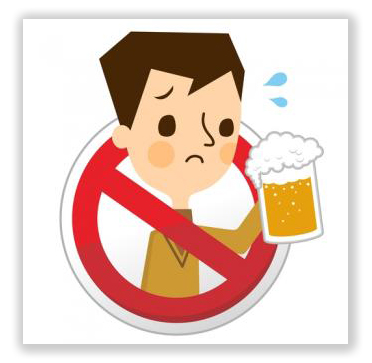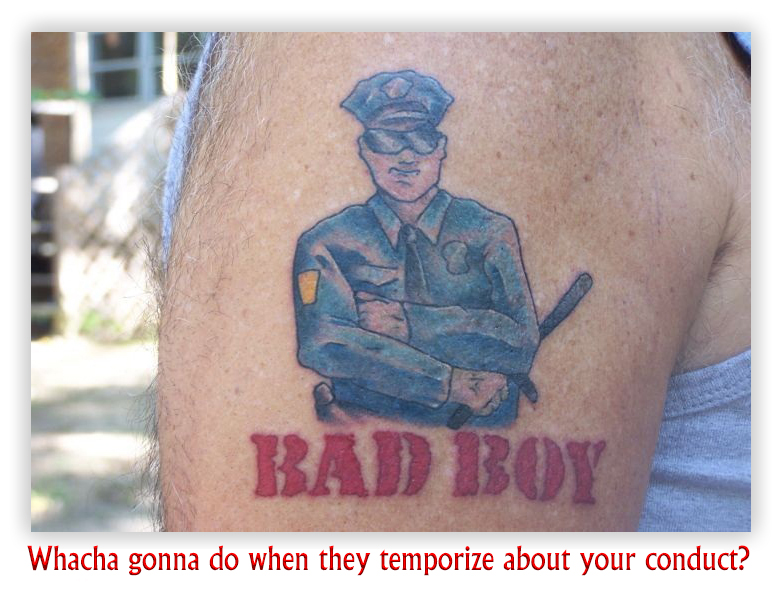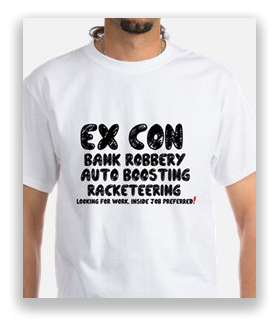We post news and comment on federal criminal justice issues, focused primarily on trial and post-conviction matters, legislative initiatives, and sentencing issues.

THE SHORT ROCKET –
 … in which we report some news in brief while we wait for the Supreme Court’s first Thursday opinion day since… well, since it got jammed up with opinions at the end of last June.
… in which we report some news in brief while we wait for the Supreme Court’s first Thursday opinion day since… well, since it got jammed up with opinions at the end of last June.
Are You Feeling Lucky?
A Pew Research Center study release last week reported what we already know: trials are rare in the federal criminal justice system, and acquittals are even rarer.
Nearly 80,000 people were defendants in federal criminal cases in fiscal 2018, but just 2% of them went to trial. Over 90% pled guilty instead, while the remaining 8% had their cases dismissed, according to an analysis of data collected by the federal judiciary.
Most defendants who did go to trial were convicted. Only 320 of 79,704 federal defendants – four-tenths of one percent – went to trial and won an acquittal.
Pew Research Center, Only 2% of federal criminal defendants go to trial, and most who do are found guilty (June 11)

Read My Lips
 Steve Gustus was knock-down drunk when he beat up a Postal Service employee. Convicted of assaulting a government employee, he got sentenced to some time and supervised release that included substance abuse treatment. At sentencing, the trial judge told Steve he couldn’t use any alcohol as long as he was getting treatment.
Steve Gustus was knock-down drunk when he beat up a Postal Service employee. Convicted of assaulting a government employee, he got sentenced to some time and supervised release that included substance abuse treatment. At sentencing, the trial judge told Steve he couldn’t use any alcohol as long as he was getting treatment.
But when the supervised release conditions appeared in his Judgment, Steve discovered the judge ordered him to stay away from alcohol as long as he was on supervised release.
Last week, the 8th Circuit vacated the condition and sent Steve back for resentencing. The only supervised release conditions that count are the ones the Court announces at sentence. They can be broadened in the Judgment. Here, it was not clear how long substance abuse treatment was intended to last, so the Judgment got sent back to the trial court for clarification.
United States v. Gustus, 2019 U.S. App. LEXIS 17898 (8th Cir. June 14, 2019)

You Should Have Worked For DOJ
Memo to Federal Prisoners: You probably wouldn’t be where you are right now if you had worked for the Dept. of Justice. Really.
The Hill reported that one DOJ employee was caught red-handed engaged in contract fraud. Another, an FBI lawyer no less, admitted to multiple episodes of shoplifting. A third leaked sealed court information to the news media. And an FBI agent in charge fourth engaged in fraud by turning a government garage into a personal repair shop.
 Four cases, all solved in the past month, with suspects who cost taxpayers hundreds of thousands of dollars and significant breaches of public trust. But every one of them escaped prosecution, despite their transgressions, and in some cases, kept their jobs.
Four cases, all solved in the past month, with suspects who cost taxpayers hundreds of thousands of dollars and significant breaches of public trust. But every one of them escaped prosecution, despite their transgressions, and in some cases, kept their jobs.
The Hill complained that “today, there is a troubling pattern of officers being held to a lower standard inside a department where critics fear there is a dual system of justice.”
The Hill, Feds gone wild: DOJ’s stunning inability to prosecute its own bad actors (June 13)

Civil Rights Commission Issues Collateral Consequences Study
Felony convictions have too much of an impact on access to voting rights, employment and social services, the U.S. Commission on Civil Rights said last week.
In a 150-page report providing a comprehensive modern accounting of collateral consequences, the Commission criticized federal and state policies that raise obstacles for felons without protecting public safety or corresponding to a person’s specific crime. “Collateral consequences exacerbate punishment beyond the criminal conviction after an individual completes the court-imposed sentence,” the majority of the commission found.
 The Commission found “scant evidence” to support the belief that collateral consequences act as a deterrent” to crime. In fact, the report said, those consequences encourage people to relapse into crime. “This increase in recidivism is caused by limiting or by completely barring formerly incarcerated persons’ access to personal and family support.”
The Commission found “scant evidence” to support the belief that collateral consequences act as a deterrent” to crime. In fact, the report said, those consequences encourage people to relapse into crime. “This increase in recidivism is caused by limiting or by completely barring formerly incarcerated persons’ access to personal and family support.”
An “absence of public and judicial awareness of collateral consequences of conviction,” the Report held, “undermines any deterrent effect that might flow from attaching such consequences, separate and apart from the punishment itself, to criminal convictions. The processes people must undertake to restore rights, for example through applications for pardon or for judicial record sealing, are often complicated, opaque, and difficult to access.”
U.S. Commission on Civil Rights, Collateral Consequences: The Crossroads of Punishment, Redemption, and the Effects on Communities (June 13)
Tampa Bay Times, Felony convictions block too many from voting and jobs access, federal civil rights report finds (June 13)
– Thomas L. Root

.
